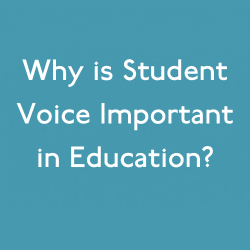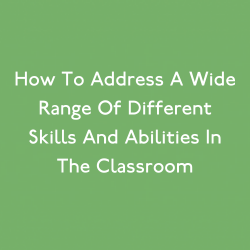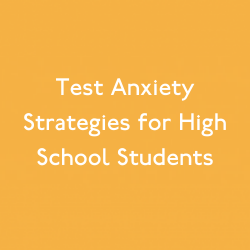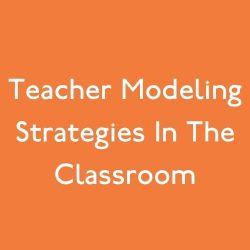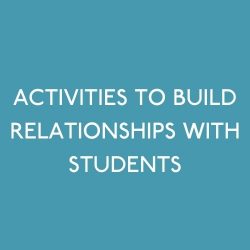We know that developing social emotional skills in children is crucial in order to foster the growth of healthy, successful adults. In fact, having higher social-emotional skills in kindergarten is related to important outcomes at age 25, including education and career success. While this may seem like a daunting statistic, there is hope- numerous research studies have shown that social emotional skills can be taught. However, you don’t need to go and rewrite your curriculum. There are many ways that you can integrate a little bit of SEL into your school day.
Building off of our last article about implementing SEL for student success, here are five more ways you can teach social emotional skills on a regular basis.
Expand Student Vocabulary to Foster a Growth Mindset
This link has a free, downloadable poster that includes 8 Phrases that Nurture Growth Mindset. Teach your students to take risks in order to build resilience and to celebrate their failures. Teaching these skills now will prepare them to raise their hand and take a stab at a question they’re not sure about, or bounce back after their first failed high school test.
Use Role Play to Develop Empathy
Have students develop empathy skills by putting themselves in one another’s shoes. Check out our Teaching Empathy in the Classroom Activity, which has students read different scenarios and express how they would feel if they were that child. People with higher levels of empathy have stronger interpersonal relationships- and an increase in empathy is correlated with a decrease in incidents of bullying.
Give Students Responsibility
Assigning students classroom “jobs” is a great way to give students ownership and build self-confidence. Check out this article for some fun classroom job charts.
Set Intentions to Inspire Goal Setting
Setting daily intentions is a great way to have students build decision-making skills related to goal setting. Setting daily intentions allows students to be mindful about the decisions they make and the actions related to those decisions.Research has shown that integrating mindful practices can help children increase their attention, and improves self-awareness, self-regulation and mental health. You can use our Intention Journals to get started on setting these intentions in your classroom.
Close the Day Peacefully
The end of the day gets crazy- but there is power in “closing” everything we do. At MTW, we often engage in what we call “Closing Rituals”. Allow students to take a minute to close their eyes, reflect on their day, and maybe do some deep breathing or stretching. This practice allows students to reflect on their accomplishments and mentally prepare for whatever challenges may lay ahead after the school day. Once you get into this routine, it will change your dismissal and you’ll never go back, we promise.
Try implementing one (or all) of these in your school day, and let us know how it goes!
Sign up for Move This World’s newsletter to stay up to date on social emotional learning.
Enter your email below!






